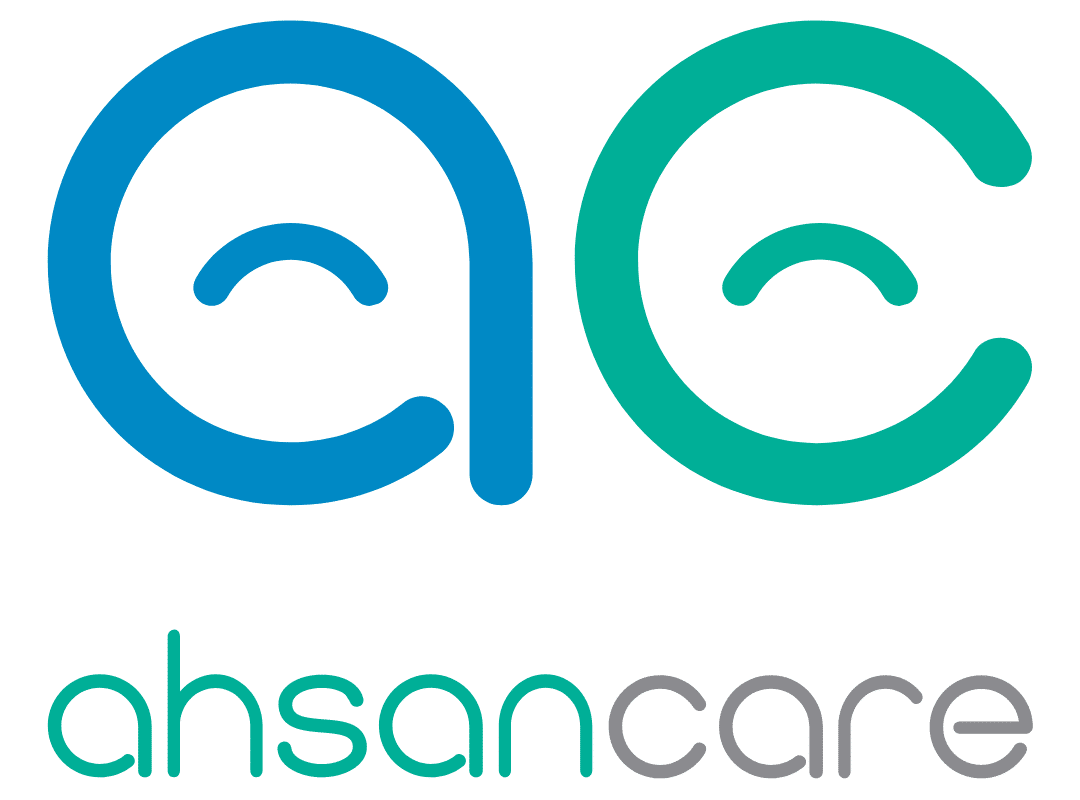Finding employment can be a challenging journey for anyone, but for disabled job seekers, access to suitable transport can significantly influence their opportunities. In Melbourne, several transport options cater to individuals with disabilities, making it easier to navigate the job market. This article explores available transport options, the challenges faced, how accessible transport can enhance employment opportunities, and practical planning resources.
What transport options are available for disabled job seekers in Melbourne?
Melbourne offers a variety of transport options for disabled job seekers, making it easier for them to access employment opportunities. Here are some fundamental transport modes:
- Public Transport Services: Melbourne’s public transport system, including trains, trams, and buses, has accessible features. Many stations have ramps, tactile guidance paths, and audio-visual announcements to assist disabled passengers.
- Taxi and Ride-Sharing Services: Accessible taxis are available for those who require additional assistance. Ride-sharing platforms also offer options for individuals with disabilities, making it convenient to book rides when needed.
- Community Transport Services: Local councils and non-profit organisations often provide community transport services specifically designed for people with disabilities. These services may include door-to-door transport and assistance with travel planning.
- Personal Vehicles: Some individuals with disabilities may use modified vehicles, including adaptations like wheelchair ramps or lifts. These vehicles provide greater independence and flexibility in transport.
- NDIS Transport Funding: Under the National Disability Insurance Scheme (NDIS), participants can access funding for transport-related expenses, helping cover costs associated with travel for employment purposes.
What are the transport challenges faced by disabled job seekers?
Despite the available transport options, disabled job seekers in Melbourne encounter several challenges that can hinder their job search efforts. Some common issues include:
- Limited Accessibility: While public transport is generally accessible, some stations and vehicles may lack sufficient features, making it difficult for individuals with mobility impairments to use these services.
- Inconsistent Service Availability: The frequency and reliability of accessible transport services can vary. Delays or cancellations can create barriers for individuals attending job interviews or training sessions.
- Cost Barriers: Transport expenses can be significant, particularly for individuals on a fixed income. Not all job seekers can access funding or support to cover these costs.
- Lack of Awareness: Many disabled individuals may not know the available transport options or funding opportunities, limiting their ability to use these services effectively.
- Social Stigma: The perception of disability can affect interactions with transport staff and other passengers, potentially leading to negative experiences during travel. The Disability Discrimination Act 1992 (DDA) prohibits discrimination against individuals with disabilities in various areas of public life, including employment, education, and
How can accessible transport options improve employment opportunities for individuals with disabilities?
Accessible transport options are vital in enhancing employment opportunities for disabled individuals. Here are several ways these options can positively impact job seekers:
- Increased Job Accessibility: Reliable and accessible transport allows disabled job seekers to access a broader range of employment opportunities beyond their immediate vicinity.
- Enhanced Confidence: Knowing they have reliable transport options boosts confidence in disabled job seekers, enabling them to attend interviews and engage in networking opportunities.
- Greater Independence: Accessible transport fosters independence, allowing individuals to manage their travel needs without relying solely on family or friends.
- Improved Job Retention: Consistent access to transport can improve job retention rates, as employees are better able to arrive at work consistently and on time.
- Networking Opportunities: With accessible transport, job seekers can attend industry events, workshops, and training sessions, facilitating connections that may lead to employment.
How can you plan your transport needs effectively?
Effective transport planning is essential for disabled job seekers to ensure they can navigate their journey to employment. Here are some strategies to consider:
- Research Available Options: Investigate the various transport options in your area, including public transport routes, taxi services, and community transport programs. Understanding your choices will help you make informed decisions.
- Plan Your Routes: Familiarise yourself with your travel routes before your scheduled events. Consider trial runs to identify potential obstacles and ensure a smoother journey.
- Time Management: Allow extra time for travel, especially using public transport. Delays can happen, so it’s wise to account for them when planning your schedule.
- Access Transport Assistance: Don’t hesitate to seek support. Many organisations can help you plan your transport needs and provide guidance on accessing services.
What resources are available to find accessible transport options?
Several resources can assist disabled job seekers in locating accessible transport options in Melbourne. Consider utilising the following:
- NDIS Website: The NDIS website offers information about transport funding and support options for participants, including how to access transport services.
- Local Council Websites: Many local councils provide details about community transport services available in their areas. Check your council’s website for specific programs and contacts.
- Transport for Victoria: This government body provides resources and information on accessible transport options in Victoria. Their website includes details on public transport accessibility features and services.
- Disability Advocacy Groups: Many advocacy groups offer support and resources related to accessible transport. These organisations can help you navigate available services and provide guidance on your rights.
- Local Service Providers: Many local organisations offer support to help individuals understand their transport options and develop personalised plans to meet their needs effectively. These service providers focus on delivering transport solutions for people with disabilities and offer guidance on utilising available resources and funding.
How can personalised support enhance transport accessibility?
Personalised support is crucial in improving transport accessibility for disabled job seekers. Here are some ways it can make a difference:
- Tailored Transport Plans: Personalised support allows individuals to create plans that address their specific needs, including preferred modes of transport and travel times.
- Assistance with Travel Training: Many service providers offer travel training programs. These programs equip individuals with the skills and confidence to navigate public transport systems independently.
- Ongoing Support: Personalised support provides ongoing assistance, enabling individuals to adapt their transport plans as their needs or circumstances change.
- Encouragement and Motivation: A support person can encourage you to pursue job opportunities and overcome transport-related barriers.
- Connection to Resources: Personal support workers can connect individuals to additional resources, ensuring they have access to all the information and services available.
Take the next step towards accessible transport services!
At Ahsan Care Provider, we understand that accessible transport is critical to employment success for individuals with disabilities. Our team is dedicated to providing personalised support that helps you navigate your transport needs effectively. Whether you require assistance with travel planning, accessing community transport, or utilising NDIS funding, we are here to help. Contact Ahsan Care Provider for personalised support and to discover how we can support you on your journey to employment and independence.




